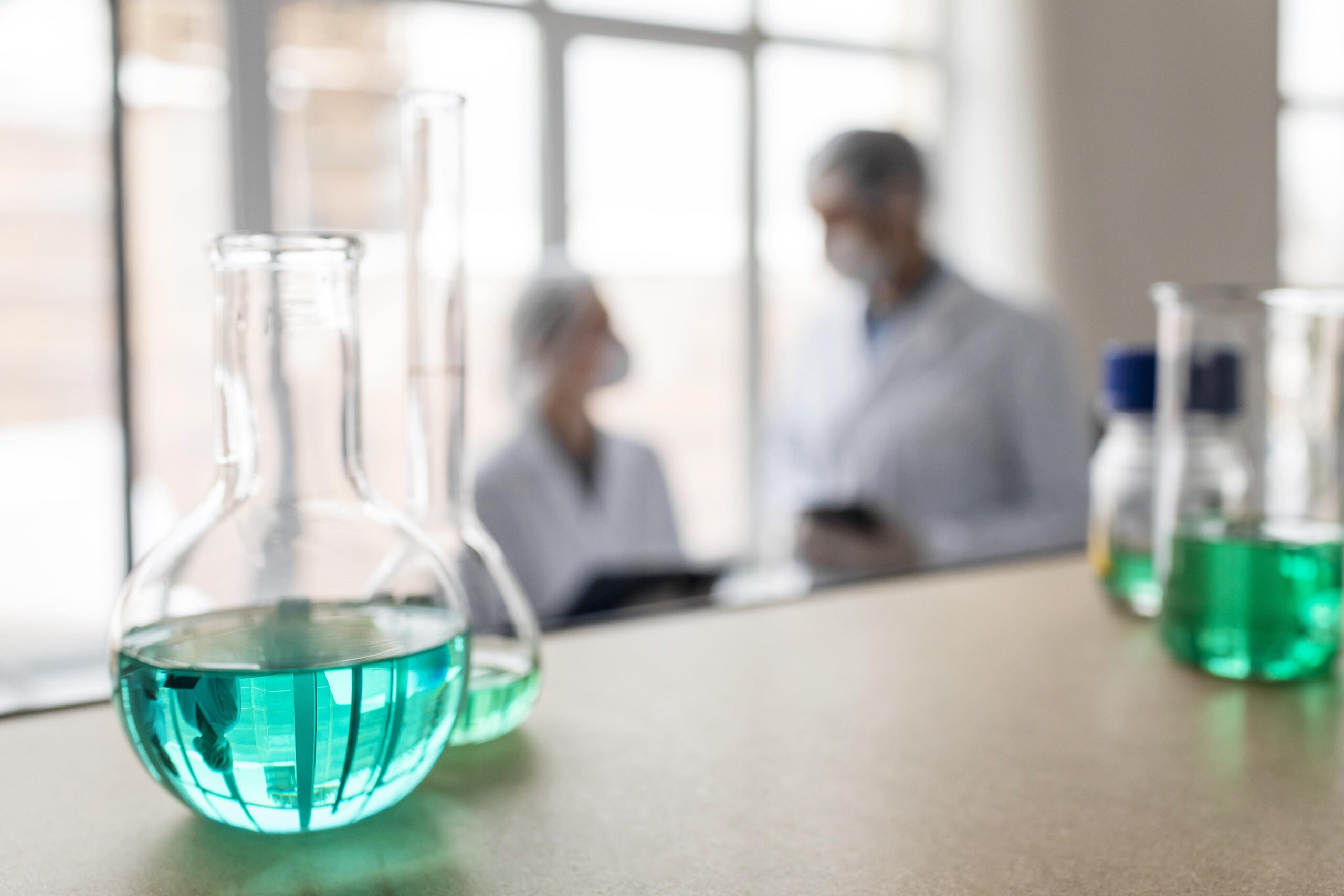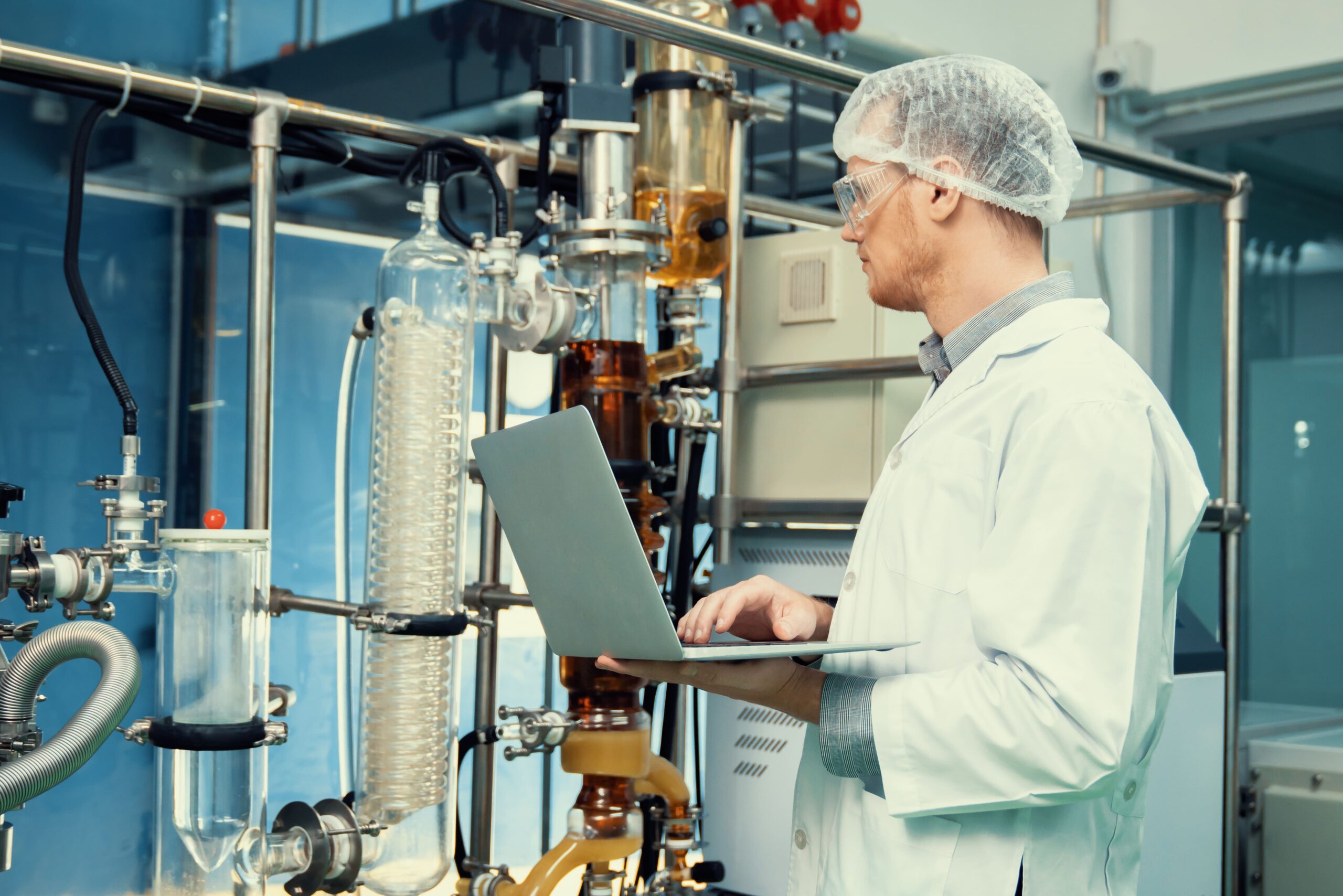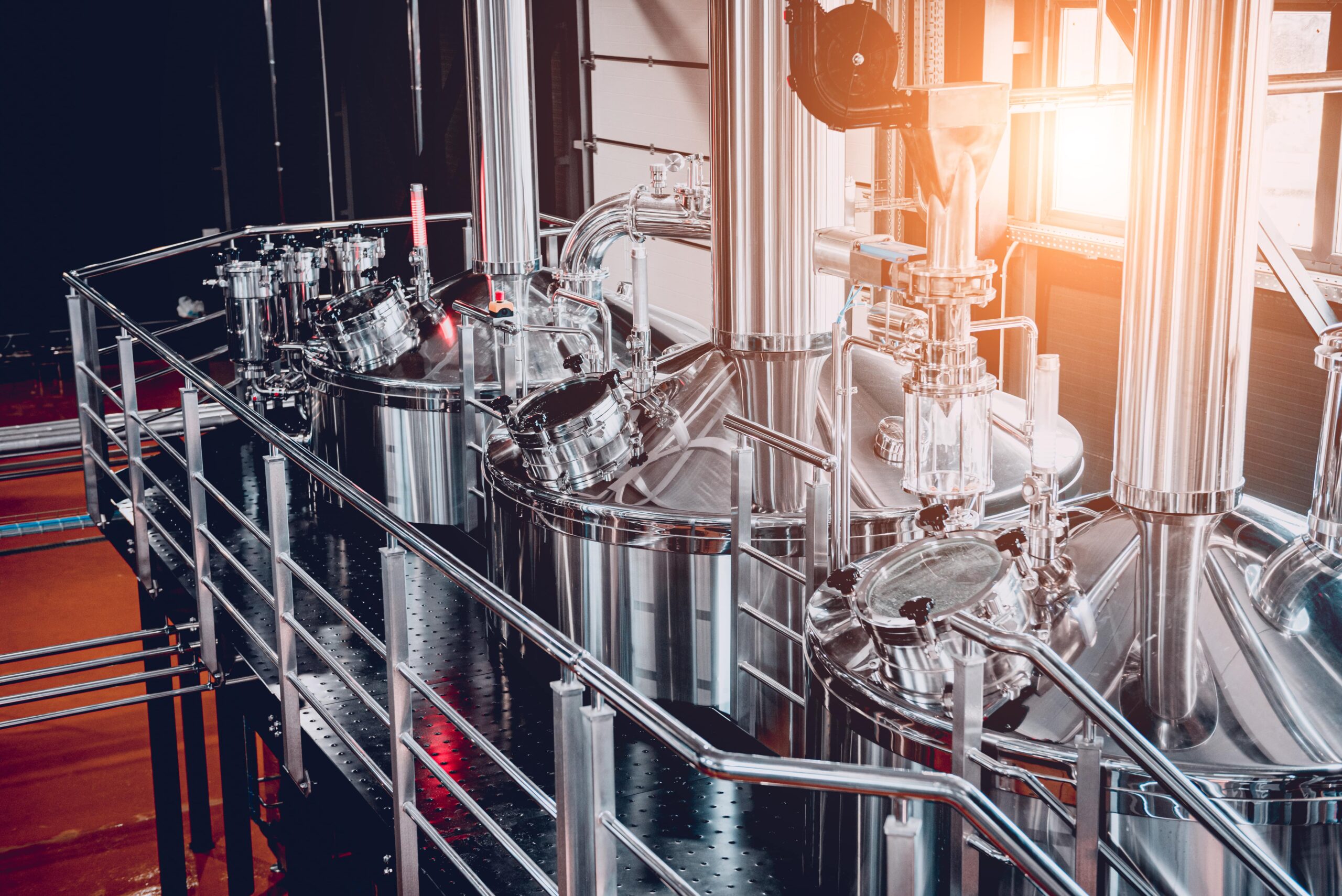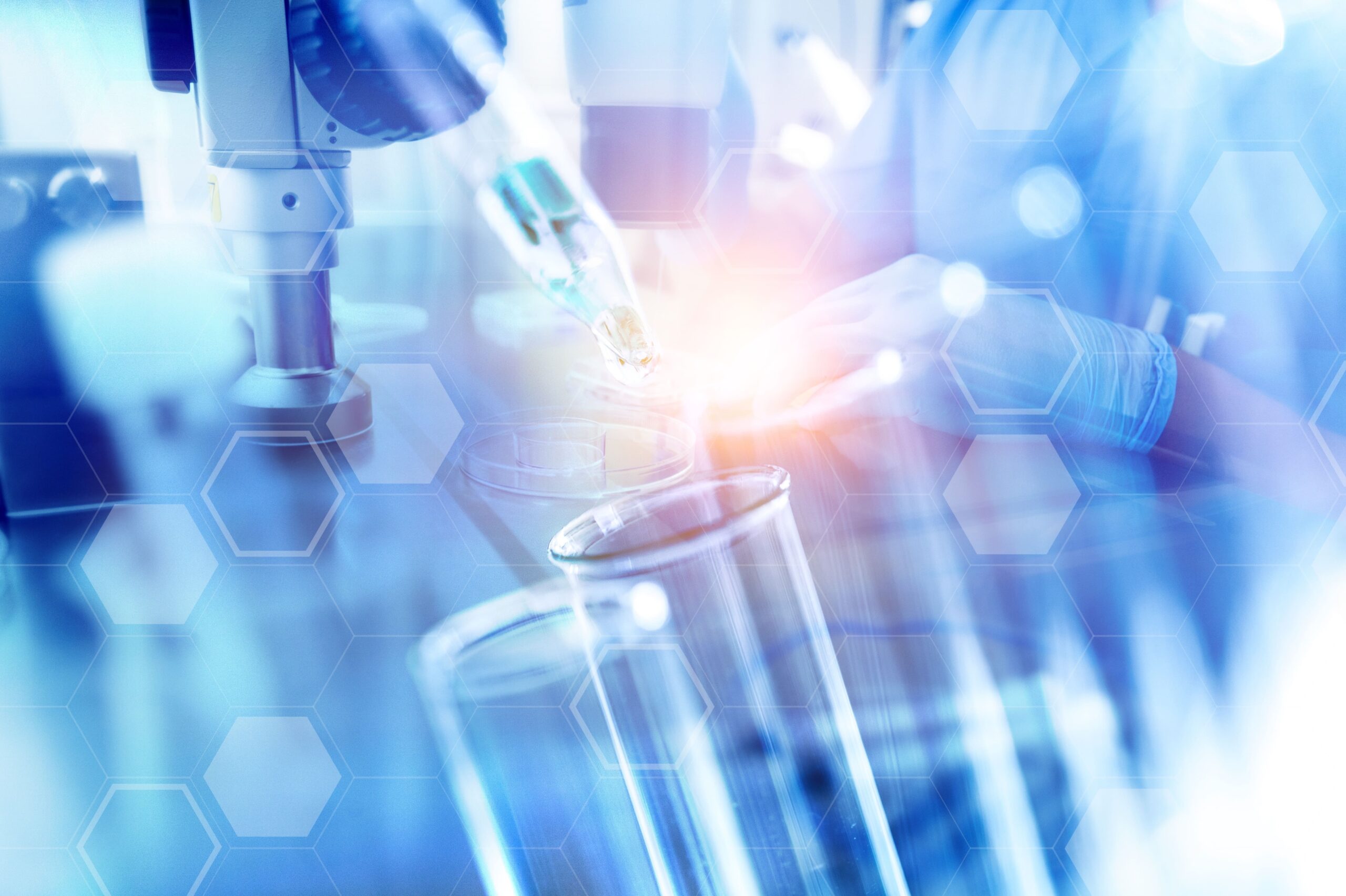Introduction
Any leading chemical manufacturing company in India exemplifies the art of balancing operational excellence, market adaptability and sustainable innovations to offer this industry the absolute best while practising ecologically safe procedures that ensure ethics are maintained. Behind every high-performance chemical lies a robust operational backbone defined by precision processes, advanced infrastructure, and stringent quality controls. Yet, success in this sector goes far beyond the factory floor.
From responding to emerging market trends and sector-specific demands to embedding sustainability into its long-term vision, the new-age chemical company is not just producing chemicals; it is shaping the future of responsible manufacturing.
This blog takes you behind the scenes of a leading chemical manufacturing company in India, shedding light on how it operates at scale, navigates shifting market demands, and pioneers eco-friendly solutions. Whether you’re an industry professional, a stakeholder, or simply curious about how modern-day chemical manufacturers function, this deep dive offers insights into the forces shaping the future of chemicals.

Engineering Precision in Modern Chemical Manufacturing
A meticulously engineered operational ecosystem is at the core of any leading chemical manufacturing company. From raw material procurement and formulation to reaction monitoring, purification, and packaging, every stage is governed by precision, consistency, and safety. Advanced instrumentation and process automation are key in ensuring accuracy and minimising human error.
Real-time data analytics, digital control systems (DCS), and SCADA technologies enable seamless monitoring of critical parameters such as temperature, pressure, and flow rate, ensuring that each batch meets strict quality standards. Facilities are designed with modular production lines, efficient utility management, and environmental safeguards to support scalable, continuous production.
Compliance with stringent regulatory norms like REACH, GHS, and ISO standards further elevates operational credibility. Moreover, integrating cleanroom environments, sustainable waste management practices, and in-house R&D labs ensures that modern chemical plants are highly productive and future-ready. Engineering precision is the foundation of reliability, innovation, and global competitiveness in this high-stakes industry.

Reading the Market: Factors Driving Growth in the Chemical Industry
India’s chemical industry has witnessed remarkable growth over the past decade, particularly in speciality chemicals, textile auxiliaries, hygiene chemicals, and surfactants. As one of the world’s fastest-growing manufacturing hubs, we are well-positioned to cater to domestic demand and global supply chain realignments.
Speciality chemicals are seeing heightened demand across sectors like pharmaceuticals, agriculture, and electronics, while textile chemicals are driven by the revival of garment exports and the government’s PLI schemes. Hygiene-related chemicals and surfactants have surged post-pandemic due to increased consumer awareness, urbanisation, and demand for personal care, cleaning, and institutional hygiene solutions.
The factors that have driven this growth are entailed here:
- Rising demand from end-use industries such as FMCG, textiles, healthcare, and agriculture.
- China+1 sourcing strategy encouraging global buyers to partner with Indian suppliers.
- Strong R&D capabilities and cost-effective manufacturing models.
- Supportive government policies, such as Make in India, PLI schemes, and investments in chemical parks.
- Increasing focus on eco-friendly, high-performance formulations.
- Growth of organised retail and e-commerce platforms fuelling hygiene and personal care product sales.
Looking ahead, the Indian chemical sector is expected to grow at a 9–10% CAGR over the next five years, with speciality and performance chemicals leading the charge. With global supply chains seeking reliable and scalable alternatives, Indian manufacturers are set to play a central role in shaping the future of the global chemical ecosystem.

Embracing Sustainability as Core Business Strategy
Sustainability is no longer a value-add; it has become a defining pillar of progressive chemical manufacturing. Leading companies in India are reengineering their formulations and processes to minimise environmental impact while maximising performance and safety. From adopting green chemistry principles to reducing carbon footprints through energy-efficient production, the industry is actively pivoting toward cleaner, safer practices.
Manufacturers are increasingly investing in biodegradable, non-toxic, and low-VOC chemical formulations, particularly in the textile, hygiene, and surfactant segments- ensuring performance excellence and skin compatibility. These innovations align with global environmental standards and build consumer and investor trust. Moreover, closed-loop water systems, zero-liquid discharge (ZLD) facilities, renewable energy integration, and eco-label certifications are embedded across operations to meet ESG goals.
The result is a more responsible supply chain, reduced regulatory risk, and enhanced brand equity, significantly bolsters long-term investor confidence and global market competitiveness. By placing sustainability at the core of business strategy, chemical manufacturers are proving that environmental responsibility and industrial growth can go hand in hand.

FAQs
- What are speciality chemicals, and why are they important?
- Specialty chemicals are performance-driven formulations used in specific industries like textiles, agriculture, healthcare, and personal care. They are critical in enhancing product quality, functionality, and efficiency across various applications.
- How are Indian chemical manufacturers contributing to global markets?
- Indian chemical companies are increasingly supplying to global markets due to cost-effective manufacturing, strong R&D, compliance with international quality standards, and the shift towards advanced sourcing strategies by global buyers.
- What innovations are being made to make chemical production more sustainable?
- Innovations include the use of green chemistry, the development of biodegradable formulations, the adoption of zero-liquid discharge systems, the integration of renewable energy, and the reduction of harmful emissions and waste.
- Are modern chemical formulations safe for the skin and the environment?
- Many manufacturers now focus on dermatologically tested, non-toxic, and environmentally friendly formulations, particularly in hygiene and personal care segments, to meet consumer safety standards and regulatory requirements.
- What is the future outlook for the chemical manufacturing industry in India?
- The sector is expected to grow steadily, with increasing global demand for speciality and sustainable chemicals. Policy support, rising domestic consumption, and export opportunities position India as a significant global player in the coming years.
- https://www.hul.co.in/news/2025/accelerating-the-shift-to-net-zero-in-indias-chemicals-industry/
- https://www.eai.in/blog/2024/03/why-is-the-indian-green-chemicals-market-an-attractive-destination-for-international-investment.html
- https://d1wqtxts1xzle7.cloudfront.net/104738596/j.cogsc.2019.05.00120230803-1-e4gp1v-libre.pdf?1691090520=&response-content-disposition=inline%3B+filename%3DThe_role_of_drivers_barriers_and_opportu.pdf&Expires=1744290823&Signature=fC1WmHyeTvPurMCM~fwz2tf0JS8APAZEVLMzEf6WBMrPEGaW5QOVWHMZpvCExRDqkYpO4q3bzL-CVZja5cek4f~DLnH~kFmJRQzQuf7ja0K3Y9DRs65qYkwjUqqpx8k1aDmOE53-d2W~nKsz2FPs9PBWByVUyZSIxRwzMpdOg8QViNM1iqKA0ZTBfFJqUObG0rTslVicix3Dx099kGHsXBIWsXZyujOvM5dqB1teE96JYC1VCBxLzGlnrrgKnVa3apxCtldae6hQ56511lCZmGh1i30kIPzX~fq4jM-LQ8lwvGugQLfrsYcBrs9kSeY8p45j0H-wfWhWzwiXwl2Uhw__&Key-Pair-Id=APKAJLOHF5GGSLRBV4ZA
- https://www.merckgroup.com/in-en/Press-Coverage/Chemical%20Industry%20Digest-%20Sustainability%20Issue_June’23_Atul%20Barjatya_Pg%2069-71.pdf
